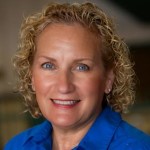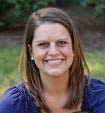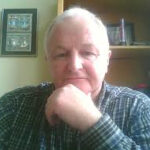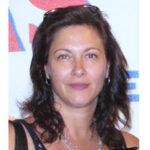 By Nancy Foote
By Nancy Foote
When a little kid comes up to you and asks you do science, it’s hard to say no. But when you’re a science teacher, and that little kid is your granddaughter, you know you have to come up with something fast.
 By Nancy Foote
By Nancy Foote
When a little kid comes up to you and asks you do science, it’s hard to say no. But when you’re a science teacher, and that little kid is your granddaughter, you know you have to come up with something fast.
 By Linda Dunnavant
By Linda Dunnavant
Science teachers have a tough job. Not only are they expected to teach complex concepts, but they also have to teach students how to apply these complex concepts to new situations. Science teachers can just stand in front of the class, lecture and hope that the students get it (also known as the “spray and pray” method), or they can try to meet students where they are in the learning process.
 By Roy Bentley and Ken Crawford
By Roy Bentley and Ken Crawford
There are so many things happening in the world of energy these days. One only needs to watch the news or Google the word “energy” to find myriad examples and discussions of pipelines, carbon footprints, windmills, climate change and more.
 by: Linda Dunnavant
by: Linda Dunnavant
Do you have to teach density as part of your curriculum? If so, look no further than this “floating” golf ball lab! Your students will be engaged and hopefully even amazed at how density affects the world around them.
 By Donna Giachetti
By Donna Giachetti
In a time when it seems there’s more bad news than good, we’d like to share a story that makes us grin ear-to-ear. Take heart, science lovers! The future of scientific learning is alive and well—in the small form of a nine-year-old girl from Georgia.
Angelica Krubeck is the founder of Super Science Kids, a new nonprofit whose mission is to “teach and engage at-risk children and youth (in shelters and in the foster care system) into the field of science.” According to her website, www.supersciencekids.org, it all started in February 2016, as Angelica began to mold her plans for a volunteer program that would serve at-risk children who might not otherwise have a chance to explore—and most of all, enjoy—science.